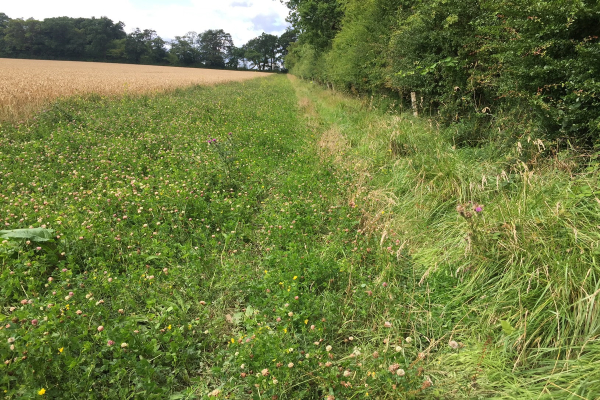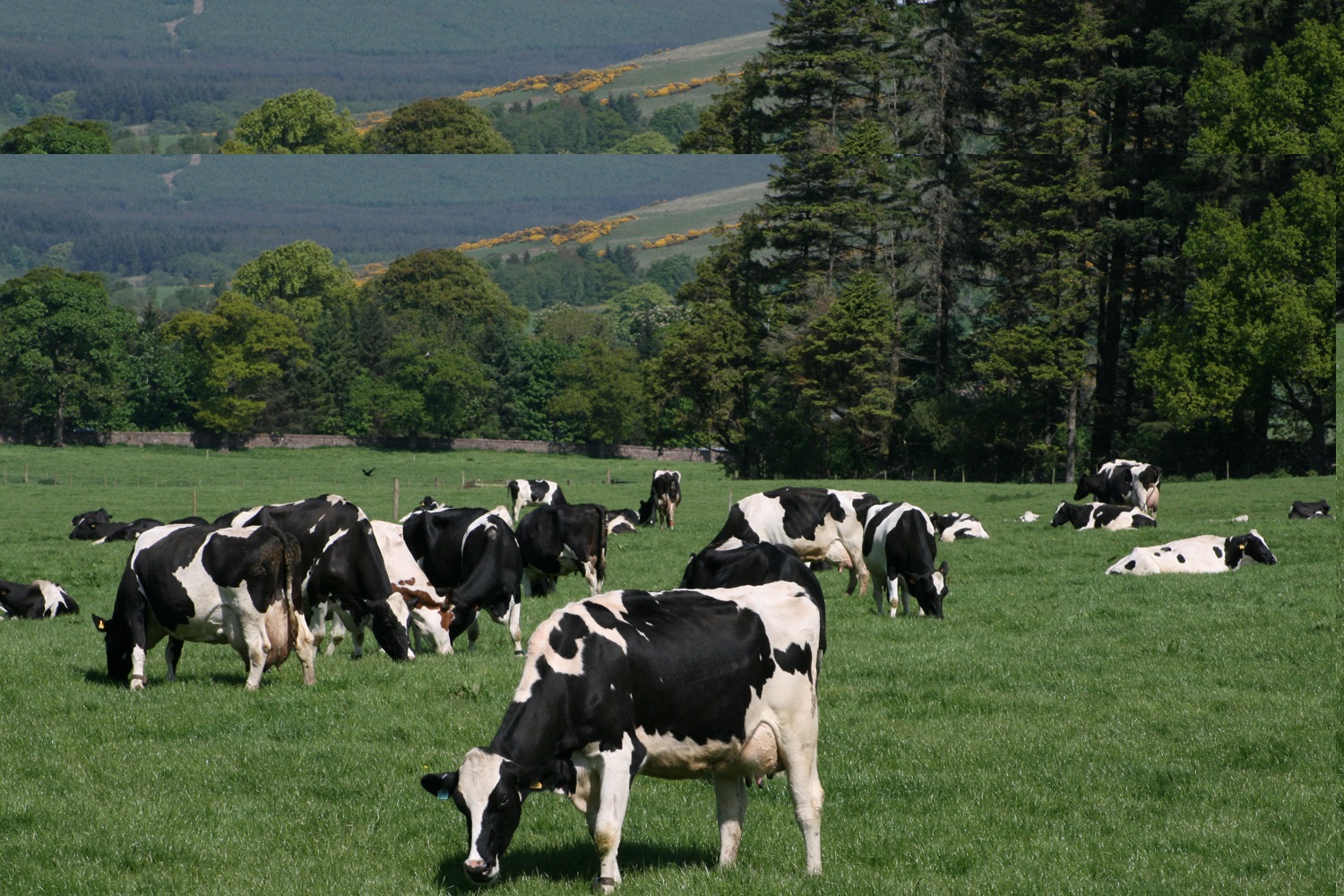Getting Started With Organic Farming – Setting the Scene
10 August 2023Summary
This factsheet is the first in a series. The aim of which is to look at the background of organic farming, to “set the scene” for the next generation of farmers and crofters who might be contemplating starting with an organic system. The other two factsheets are “Is Organic for me” and “How to Convert to Organic”.
Next Generation Newsletter
This article is produced as a part of the FAS Next Generation Newsletter. Subscribe now to receive the full report in your inbox quarterly.
What Is Organic?
Organic is basically a system of farming and food production which can deliver many benefits for wildlife, society and the natural world. The aim for Organic farmers is to produce high-quality food, using methods that benefit our whole food system, from people to planet, plant health to animal welfare. With the ever-increasing dangers of climate change, as well as a decline in wildlife and increase in diet related ill-health, changing our food systems to systems like organic could make a massive difference.
Organic farmers have to work to a strict set of standards; this ensures that their farms sustain the health of soils, ecosystems, animals and people. The key principles of organic agriculture are:
- Health
- Ecology
- Care
- Fairness
What Does Organic Mean To The Consumer?
Certification is legally required to grow, process or market organic products, and all organic farms and companies are inspected by a certification body at least once a year and some of these inspections can be unannounced. This means when customer’s see the organic symbol, they can trust that the food and drink they are buying has been made in a way that is better for people, animals and wildlife, and respects the natural environment.
Organic certification bodies work with farmers and food processors to make sure their food meets strict organic standards, laid down in law. Getting organic certification isn’t easy but that is so, when a customer sees a product with the organic symbol, they know they’re buying a product they can trust.
Organic farming in practice
One of the main pillars of Organic farming is the virtual non-use of pesticides. Pesticides can be used but only as a last resort and only under very restricted circumstances. Pesticides are chemicals designed to kill insects and other pests, including weeds (herbicides) and fungal diseases (fungicides). Recent studies name direct and indirect impacts of pesticides as key drivers of global insect declines and the biodiversity crisis. Rather than relying on pesticides, organic farmers aim to create a natural balance between plants and animals to prevent pests.
No artificial fertilisers are used as keeping soils healthy is at the heart of organic farming. Organic farming avoids the use of synthetic fertilisers, as the principles of organic farming are based on nourishing plants naturally, by building fertile soils. Farmers do this using clover and legumes to 'fix' nitrogen, as well as using compost, animal manure and green manures, and crop rotations to maintain healthy, nutrient-rich soils. Whilst GM, or 'GMO' foods are very limited in the UK, most non-organic livestock are fed them. Organic systems are opposed to genetic modification, so organic standards ban the use of all GM ingredients, and animals on organic farms must be fed a natural, organic and non-GM diet.
Organic farmers and processors must show that they are protecting their products from contamination with prohibited products, from farm to fork. The use of additives and processing aids is heavily restricted in organic products, and organic standards prohibit the use of toxic ingredients. Organic foods must not contain hydrogenated fats, and many artificial food colourings and preservatives are banned, such as sodium benzoate, aspartame (artificial sweetener) and monosodium glutamate.
Organic Pest And Disease Control
Healthy wildlife populations can help control pests; farmers encourage birds, beetles and other 'beneficial insects' (like ladybirds) on to their farms to eat pests like aphids, slugs and caterpillars. Areas such as hedges or field margins can be created which can encourage these predatory insects and birds to then maintain pest populations below damaging thresholds. Other ways to reduce pest incidence is making sure you have a well prepared seed bed which will be able to establish quicker and therefore minimise pest attacks. Also some pests can be killed by seedbed cultivations and rolling of the seed bed.

Likewise, crop rotations and careful choice of crop breeds lower the risk of plant disease, and weeds are managed by practices like mechanical weeding and planting natural weed suppressants, like buckwheat. Crop rotations can prevent the build up of soil-borne spores of fungal root diseases. Good drainage can also be a barrier to root disease.
Animal Welfare
Animal welfare is one of the most important aspects of organic farming. Every aspect of welfare is covered under organic standards, from living conditions and feed, to their transportation and humane slaughter. Along with animal welfare, there is no routine use of antibiotics. The routine use of antibiotics and wormers is widespread in non-organic UK agriculture, accounting for around 30% of all antibiotics used in the UK, but using them preventatively is banned in organic farming.

When animals are farmed in hygienic environments, fed the right diet and raised in more spacious conditions, farmers do not need to depend on antibiotics. Organic farmers only use antibiotics as a last resort. Looking at cows kept organically, by law, they must be at pasture whenever conditions allow, over 200 days on average. ‘Zero-grazing’, where cows are kept indoors and fed cut grass or other feeds like soya, is banned under organic standards. When they must go indoors because of bad weather, all cows must be housed in well-bedded, spacious yards. Organic standards require a minimum of 60% forage in their diets. With sheep, they are normally kept on clean grazing which is pastures which have very low or no worm infestation; thus avoiding the use of routine working which is used in non organic farms.
Next Steps
In order to go organic on your farm or croft, you need to believe in the fundamentals of organic farming which we have touched on in this factsheet; and give consideration to the effect it would have on your business. We will look further into this in our next factsheet. However in the meantime there is more information on some aspects of organic farming on the links below:-
https://www.fas.scot/crops-soils/soils/organic-matter-and-soil-erosion/
https://www.fas.scot/downloads/practical-guide-optimising-organic-nitrogen/
Sign up to the FAS newsletter
Receive updates on news, events and publications from Scotland’s Farm Advisory Service
